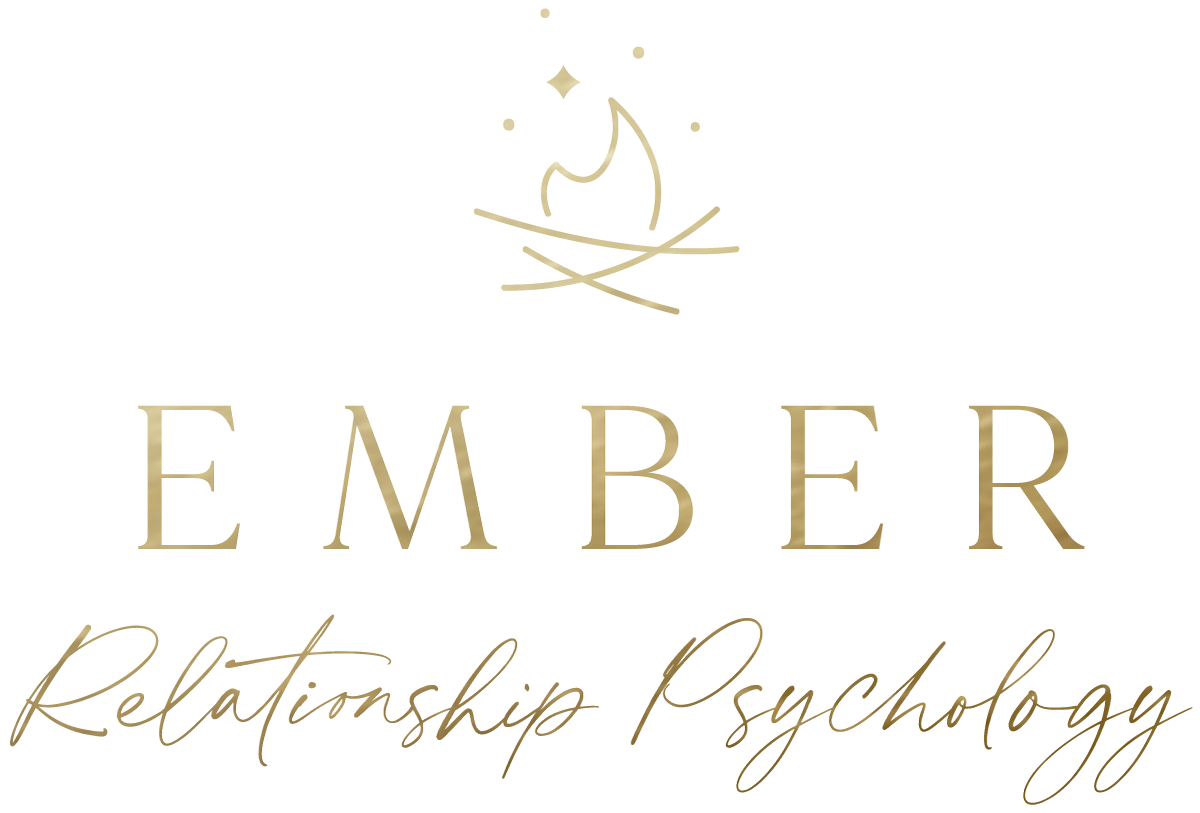What is Verbal Abuse?
by Amber Dalsin, M.Sc., C.Psych.
Identifying if it is happening to you
Here are three kinds of verbal abuse and a definition of them.
Belligerence: belligerence is the kind of verbal abuse that occurs when a partner taunts, jeers, provokes, or challenges their partner.
Contempt: contempt is the kind of verbal abuse that means insulting, humiliating, injuring with words, or demeaning actions that are used towards their partner.
Domineering: domineering is the kind of verbal abuse that means the partner is attempting to control, stifle, or squish the behavior of their partner.
The recipient of belligerence, contempt and domineering is the victim.
Perception of Victimization by the Verbal Abuser
Many people who are verbally abusive, have the perception that they are a victim. They see their partner as someone who behaves in ways that are undesirable to them, hence, a reason to be verbally abusive.
The verbal abuser may feel unfairly provoked and victimized, that their concerns are dismissed, or that they will be abandoned. In response to this, they use hurtful words and harmful behaviors to attempt to manage the undesirable part of the situation. T
he verbal abuser often feels like the victim perpetually because they have the sense that they are not loved enough, they are not respected enough, or there is enough connection between them and their partner.
Mind Trap – The Confused State of the Verbally Abused Partner – The Victim
Because the verbally abusing partner feels as though they are being victimized, they act as if their behavior is justified.
They need control, leading them to behave in demanding, possessive, or emotionally dependent ways. They see their belligerence, contempt, or domineering as justified because of some triggering incident done by their partner.
As a result, they place the blame of their actions on their partner. In popular culture, magazines often reference what is called “gaslighting” or “ambient abuse”.
This is the methodical withholding of facts or giving false information to the victim. Over time, this leaves the victim feeling unsure, confused, anxious and unclear about their recollection of events and their memory.
What to do if it’s Happening to You
Verbal abuse happens along a continuum. It can be mild and infrequent, infrequent and severe, consistent and negative, or perpetual and severely damaging. These are just a few examples of the continuum.
A normal couple who is generally not abusive may, on infrequent occasion, say or do abusive things in a conflict.
Consistent verbal abuse or identification of Mind Trap – The Confused State of the Verbally Abused Partner – The Victim are indicative of more severe verbal or emotional abuse. In the case of anything more than a infrequent mistake, this becomes a big problem.
If your partner is verbally abusive, acknowledge to yourself, this is not okay and you do not need to be treated this way. Enlist support for yourself and get help for your situation.
This blog is not meant to be a substitute for couples therapy or relationship counselling. This should not be construed as specific advice. See a relationship therapist in your area to address your specific problems.

